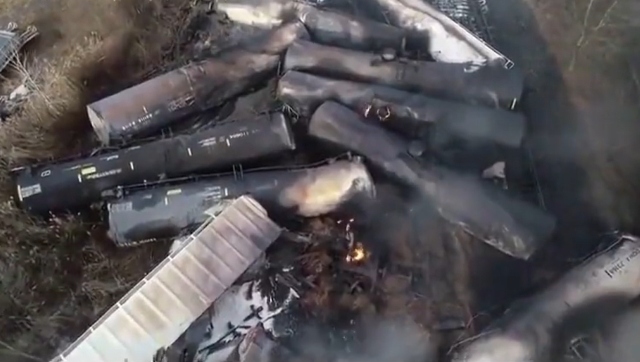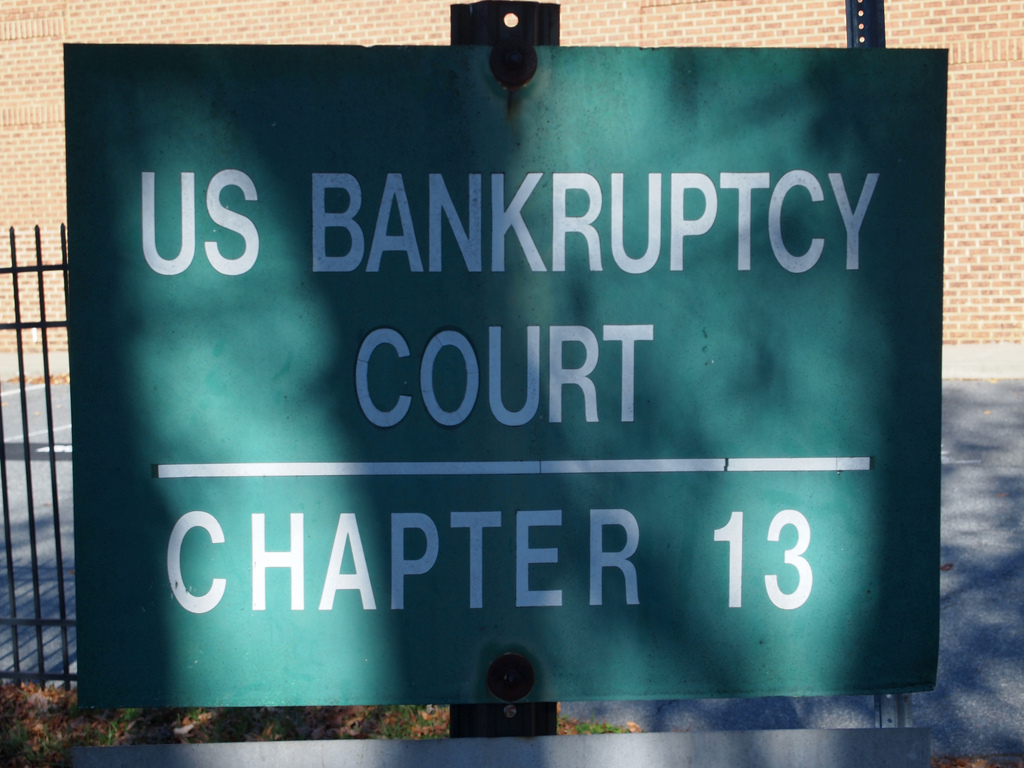TOXIC FALLOUT: East Palestine must be continually monitored and tested for dioxins and furans
03/01/2023 / By Ethan Huff

The Environmental Protection Agency (EPA) is resisting calls for water, soil, and other chemical testing in and around East Palestine, Ohio – and for good reason, seeing as how the place is likely a hotbed of dioxins and other noxious chemicals.
Because East Palestine was declared to be “safe” not long after the “controlled explosion” decimated the region, a positive dioxin test at this stage of the saga would be a death sentence for the community, which would have to be evacuated.
“The reason that EPA is resisting testing for dioxin is that once the first positive test result comes back, the next question is about evacuation,” reported Planet Waves FM. “Other communities have been permanently evacuated for dioxin contamination, including Times Beach, MO, and Love Canal in western New York.”
“Once there is a single positive result, the discussion also goes to how far the dioxin has spread. More people will want testing. This is likely to have devastating effects, as one cannot sell a home or business in a dioxin-contaminated area.”
(Related: Chlorophyll-rich chlorella is a powerful remedy against dioxin poisoning.)
Government officials more concerned about photo ops than public safety
As of this writing, there are still no test results available for East Palestine. Nobody really knows what might be lurking around the community, and at what levels – and this is by design.
From the government’s perspective, playing dumb and pretending everything is fine is much better for public relations than producing actual data and telling the truth about it.
“From the government’s point of view, admitting to the presence of dioxin must be avoided at all costs,” Planet Waves FM added. “The way to avoid that is to not test.”
“Therefore, Gov. Mike DeWine and EPA chief Michael Regan do things like visit residents in their homes, and toast drinking tap water. This is a typical PR maneuver to ‘show that it’s safe’ without actually producing data.”
In order for there to be any possibility of an honest assessment, the entire region of eastern Ohio and western Pennsylvania must be investigated. All food products from all 125,000 farms located throughout the region must be tested continually.
“There must be full-spectrum chemical testing, as well as analyzing for dioxins and related dibenzofurans.”
Water, soil, and air must also be tested, as should soot samples collected from the controlled burn pit, which has since been back-filled. Samples of undisturbed soot on people’s rooftops also need to be tested.
“This will give a picture of levels at ground zero, and, plotted on a grid, give some sense of how the plume moved through the immediate vicinity of the incident. It’s important to remember that dioxin-contaminated soot will bind to soil and dust, and eventually get tracked around, and blow and flow with sediments in water – but testing must start where we are most likely to find the chemicals now.”
Planet Waves FM further suggests analyzing samples for both dioxins and dibenzofurans, the latter constituting dioxins with just one oxygen molecule as opposed to two.
Furans are just as toxic as dioxins, but they will not show up in testing if the analysis is designed to test only for dioxins. To accurately measure dioxin levels, one must include all furans, otherwise it will drive down the final result, known as TEQ, or toxic equivalency.
“Split sampling is essential to honest testing,” Planet Waves FM further said.
“That means taking samples from the same location and sending them to two different labs working under different contracts and comparing the results. The results should be similar, and if they are not, something is amiss.”
To keep up with the latest news about the chemical fallout in East Palestine, be sure to visit ChemicalViolence.com.
Sources for this article include:
Submit a correction >>
Tagged Under:
chemicals, clean water, derailment, dioxin, dioxins, East Palestine, Ecology, environment, EPA, food supply, ohio, poisons, toxic ingredients, toxins, train
This article may contain statements that reflect the opinion of the author
RECENT NEWS & ARTICLES
COPYRIGHT © 2017 BIG GOVERNMENT NEWS




















